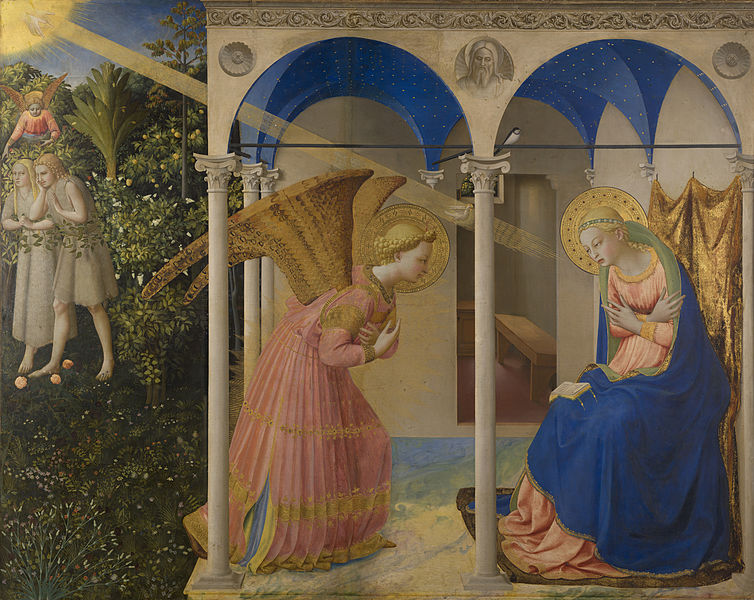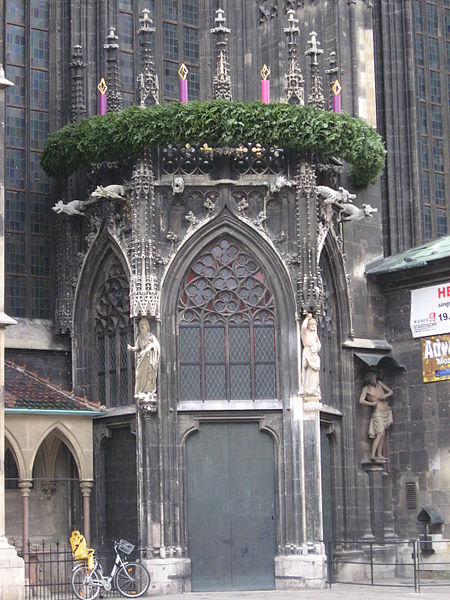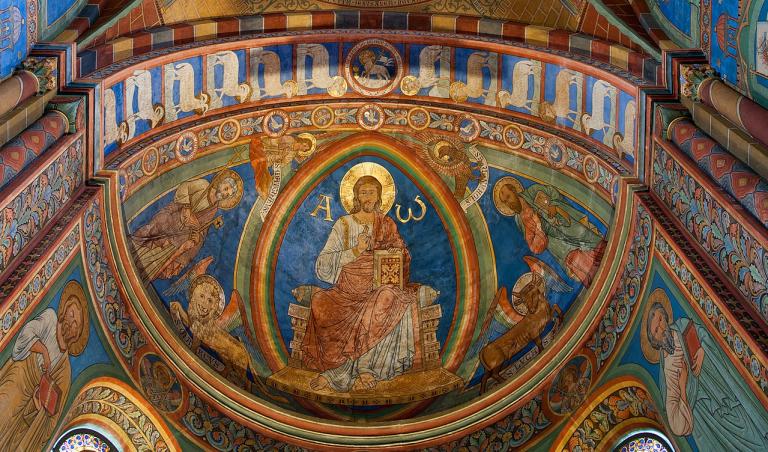David Russell Mosley

23 December 2013
On the Edge of Elfland
Beeston, Nottinghamshire
Dear Friends and Family,
Christmas is nearly upon us. Tomorrow evening, as we have our supper, however meagre or magnificent, the celebration of the Nativity begins. For most of us, it has probably already begun to some extent. We’ve probably indulged in a few Christmas songs; our churches have put on carol services. Everything is building up to the next day, the 25 of December, perhaps the only day in the Western Calendar (both secular and sacred) that still firmly has a name rather than a date. Wednesday morning will dawn, we’ll open presents, go to church (if it’s safe or if they’re holding services), perhaps we’ll sing carols, give hugs, we’ll laugh, in short, we’ll feast. And then, Christmas is over. Boxing Day, St Stephen’s Day in the Church Calendar, will come and perhaps we can find it in us to extend the festivities to this day, but by the 27, St John’s Day, Christmas is quite firmly over, isn’t it?
Actually, in the Church Calendar, there really are 12 days of Christmas. Depending on how you count it the twelve days run from the 24 of December to the 5 of January. Either way, Christmas is more than a day or two, it is, in fact, a liturgical season. We are meant to extend both our celebrations and solemnities (particularly during Holy Innocents on the 28 which commemorates the children put to death by Herod). Christmas is meant to be much more than its feast day.
Think of what a change this could make in how you think of Christmas. Christmas parties can continue for twelve days. Christmas carols can be sung with gusto, especially if you’ve generally fasted from them during Advent. The reality of the Incarnation can continue to be at the forefront of our minds. Perhaps, if we in the West, were to take more seriously the twelve days of Christmas we might even begin to think about the larger implications of the Incarnation beyond the crucifixion, resurrection, and ascension of Christ. As I’ve written to you before, I work on the topic of deification. At the heart of this primarily Eastern doctrine is the Incarnation, God becoming human so that humans might become God. Maybe if we took Christmas a little more seriously, people like me wouldn’t need to convince Western Christians of the truth and beauty of deification, or as it is called in the East, theosis.
Christmas has always been my favourite time of year. The music, the movies, the weather (in the Northern hemisphere anyway), the carols, the services, Father Christmas, all come together for me to show forth the magic of Christianity. Beyond all of this, however, is the reality that our God (Father, Son, and Holy Spirit), the Creator of everything and yet Uncreated, became a creature in the Son without ceasing to be Creator. He became a creature in order to lift us up, to make us like himself, to make us gods, to make us sons through the Incarnation, the gift of his Spirit, and the sacraments. This is what Christmas means, this is why we celebrate it for 12 days and not just one.
Sincerely yours,
David Russell Mosley










